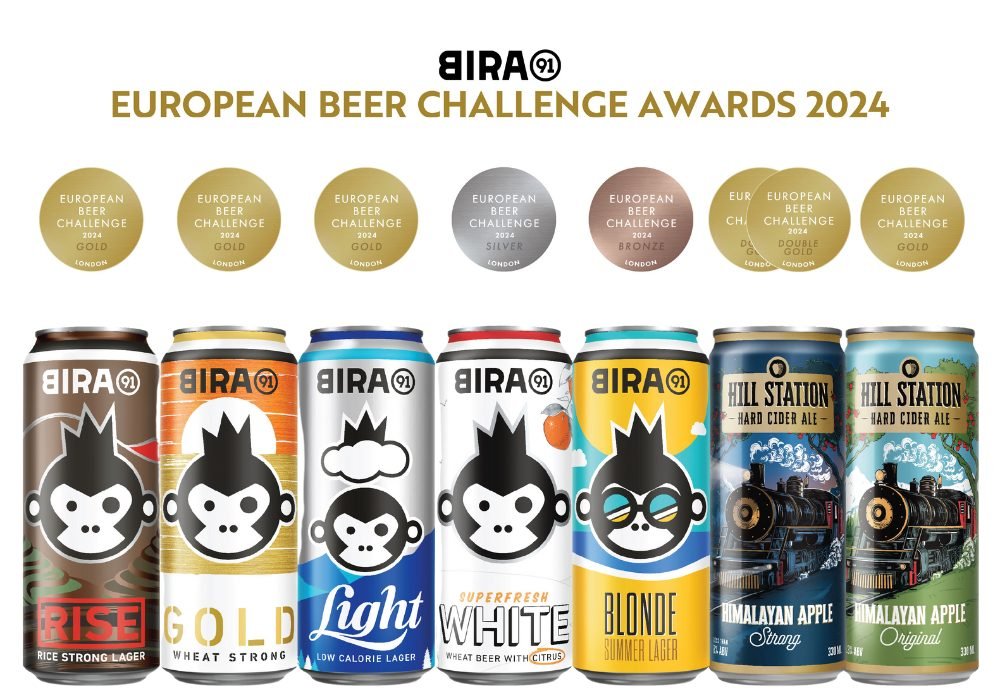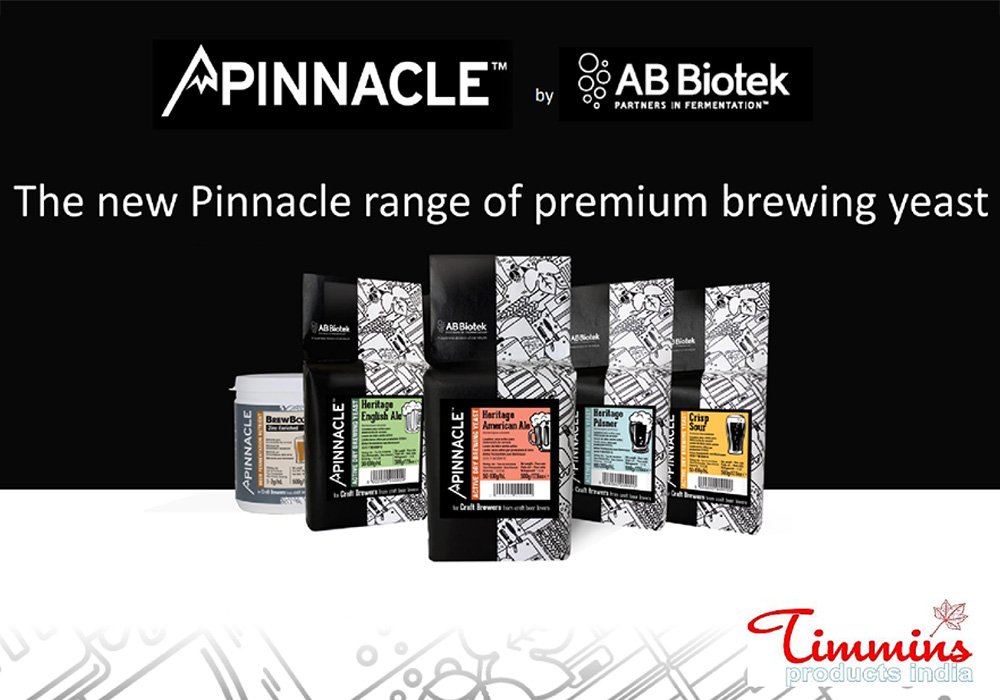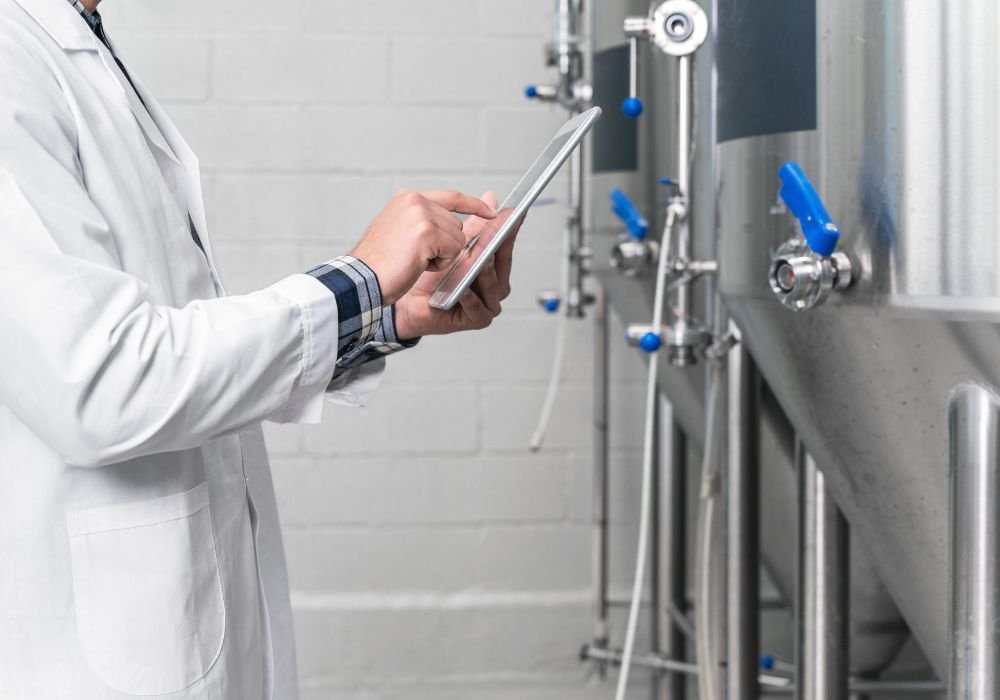
“We are the first generation to feel the impact of climate change and the last generation that can do something about it.” — Barack Obama
In this age of climate change and declining ecosystems, sustainable development is the most pressing issue. To ensure a better future for people and their offspring, the United Nations is pleading with all countries to strictly adhere to the sustainable development goals. There are many disparities among the nations separated by borders, but one issue has spurred an innovative but cooperative effort from all of them: climate change. The brewing process, which is how beer is produced, is one of the numerous factors contributing to global climate change. The brewing business is undergoing a crucial green/sustainable shift in order to prevent the sector from seriously harming sustainable growth.
The first fermented beverage, known as beer, was created by humans in the fifth millennium BC, making it the oldest innovation ever. The brewing process has changed significantly over the past 5000 years, transitioning from a home to an industrial manufacturing business, from having limited control over the production to having exact control over the temperature as well as the flavour of the beer. Brewing is a labour-intensive operation that uses a lot of fresh water and energy. A surplus of organic waste is carried away by this water when it is later disposed of as wastewater. The procedure has a lot of drawbacks, including:
-High carbon footprint as a result of travelling farther.
-Stability of intensive farming techniques used to develop hops and barley grains.
-Wasteful procedure
-Use of freshwater extensively
Water management is one of the key elements of sustainable development. One of the sectors that will be most impacted by the water deficit is the beer industry since beer contains 95% water. Reducing the amount of water wasted during the process could make a significant difference. A large number of Indian brewers are recovering the wastewater and using it elsewhere. By putting waste segregation, recycling, and composting practises into place, they are also concentrating on minimising waste generation. Some people want to clean up wastewater so it may be used for cooking. The majority of the waste materials from hops and grains are taken back by the farmers and utilised for composting as well as feeding cattle.
Brewing beer demands a huge amount of energy. According to a recent study by the Brewer's Association, it takes 50–60 kWh of energy to produce one beer barrel. Therefore, for breweries to be sustainable, they must address their significant carbon footprint. Following a closed- loop system in a circular company model could help with this. To alleviate these issues, this approach might be used to reduce waste. A mechanical or electrical device known as a closed-loop control system automatically alters a system to maintain a desired condition or set point without the need for human intervention. It makes use of a sensor or feedback system. A circular economy business strategy can be implemented, which aids in preserving materials and products for as long as possible to maximise their worth. This way of thinking will result in more sustainable organisations that produce less waste during the brewing process.
Even if the primary goal of capitalism has always been to maximise profit, this needs to alter if we are to experience both sustainable personal growth and community growth. Being a part of any firm requires careful consideration of a variety of factors, including resource management. By switching from their outdated practices to a cutting-edge conscious method of working, the brewery industry has launched its sustainable revolution. Any firm must take social factors into account, and in this era, making sustainable development a priority is one of the most crucial steps.
About the Author
 Avneet Singh, a visionary entrepreneur at the age of 29, founded Medusa Beverages in January 2018, swiftly propelling it to success. With a profound understanding of startup dynamics, Avneet steers projects from inception to completion and navigates strategic acquisitions for seamless rebranding. His entrepreneurial journey began in tenth grade with multi-level marketing, leading him to realize his passion lay outside architecture. Since launching Medusa in 2018, Avneet's strategic prowess has elevated the brand, focusing on constant innovation and customer satisfaction. With an unwavering commitment to keeping Medusa dynamic, he envisions a future where his magnetic leadership shapes the continued success of Medusa Beverages.
Avneet Singh, a visionary entrepreneur at the age of 29, founded Medusa Beverages in January 2018, swiftly propelling it to success. With a profound understanding of startup dynamics, Avneet steers projects from inception to completion and navigates strategic acquisitions for seamless rebranding. His entrepreneurial journey began in tenth grade with multi-level marketing, leading him to realize his passion lay outside architecture. Since launching Medusa in 2018, Avneet's strategic prowess has elevated the brand, focusing on constant innovation and customer satisfaction. With an unwavering commitment to keeping Medusa dynamic, he envisions a future where his magnetic leadership shapes the continued success of Medusa Beverages.















